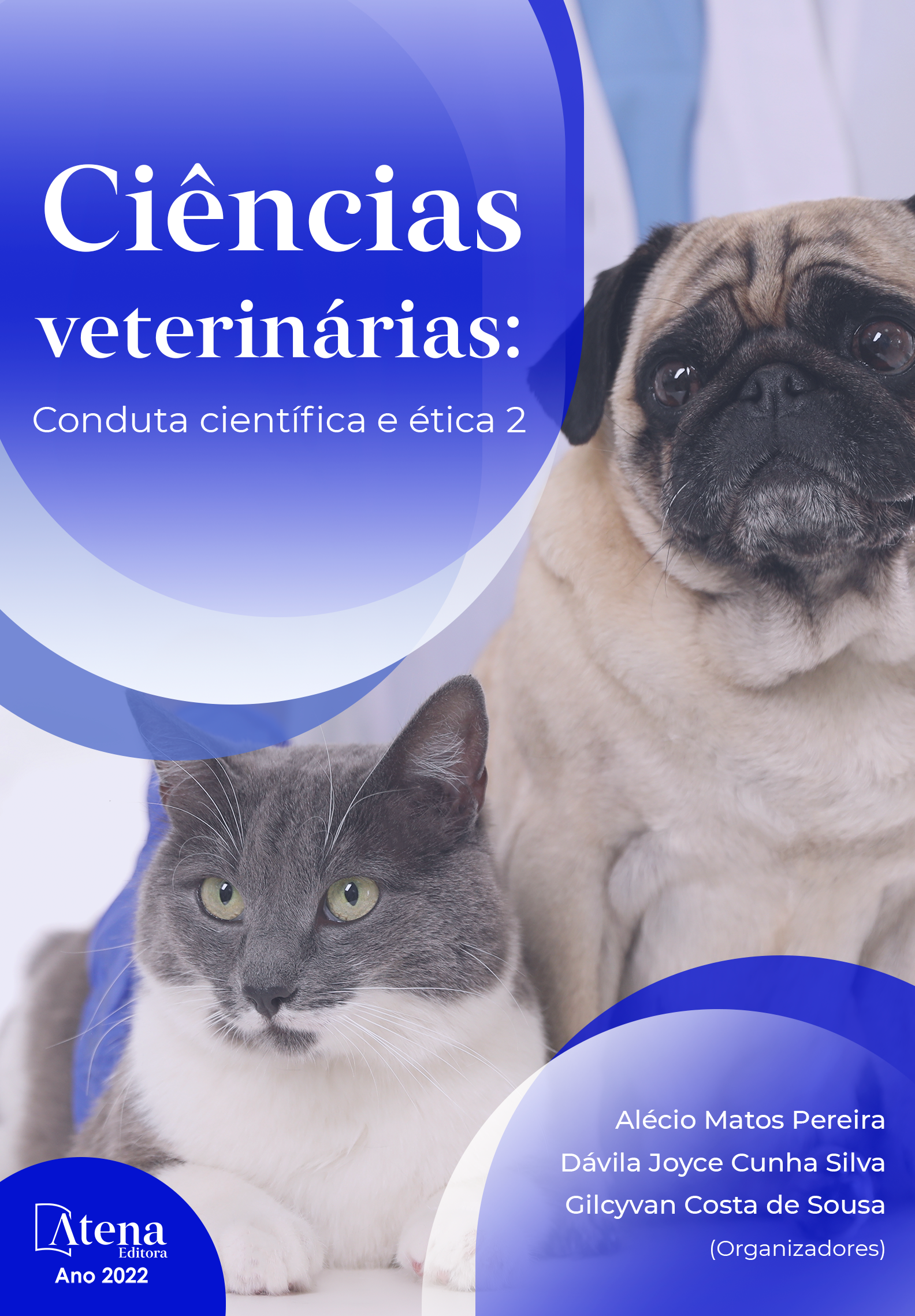
EFEITO DO ÁCIDO ASCÓRBICO SOBRE O DESEMPENHO ZOOTÉCNICO DE JUVENIS DE TILÁPIA (Oreochromis niloticus)
A tilápia é uma espécie bem adaptada e possui, grande relevância na piscicultura brasileira, é uma espécie exótica, no entanto tem sido muito cultivada, devido a sua aceitação do mercado consumidor e possuir um filé de alto rendimento e a ausência de espinhos em forma de “Y”. Atualmente o conteúdo vitamínico que os peixes necessitariam em seu consumo diário vem sendo bastante analisados, sabendo que a ausência de vitaminas causaria déficit ao animal determinando doenças e má formação na sua estrutura corpórea. O ácido ascórbico, tem sido de grande valia na inserção de altas quantidades afim de avaliar sua importância para o aumento de peso do animal. O trabalho tem como objetivo avaliar o desempenho de tilápias alimentadas com diferentes níveis de ácido ascórbico. Para a fabricação das rações foi feita a pesagem dos ingredientes e misturamos diferentes níveis de ácido ascórbico, até obtermos uma mistura homogênea, sendo umedecidas e peletizadas em máquina de moer, em seguida posta para secar (35-42ºC) em ambiente arejado. As coletas de dados, como tamanho corporal e peso foram realizadas nos 0, 7, 14, 21 e 28 dias respectivamente, por um período de 28 dias. O delineamento experimental inteiramente casualizado e os resultados submetidos a análise de variância a 5% e os valores médios comparados ao teste Tukey a 5% de significância. Contudo, pode-se constatar efetividade no ganho de peso com a inserção de vitamina. É possível concluir que o ganho de peso foi satisfatório pelo confinamento dos animais, a conversão alimentar foi satisfatória devido a ração e o aproveitamento dos peixes nas alimentações. A dieta contendo 600mg/kg de ácido ascórbico resultou em maior ganho de peso e valores aceitáveis. Portanto, a inclusão de 600 mg de vitamina C resultou em maior desempenho produtivo para juvenis de Tilápia.
EFEITO DO ÁCIDO ASCÓRBICO SOBRE O DESEMPENHO ZOOTÉCNICO DE JUVENIS DE TILÁPIA (Oreochromis niloticus)
-
DOI: 10.22533/at.ed.19422050821
-
Palavras-chave: Alimentação. Tilapicultura. Oreochromis niloticus. Vitamina C.
-
Keywords: Tilapicultura. Oreochromis niloticus. Vitamin C.
-
Abstract:
Tilapia is a well adapted species and has great relevance in Brazilian fish culture. It is an exotic species, however, it has been highly cultivated due to its acceptance of the consumer market and a high yield fillet and the absence of spines in the form of "Y". Food is one of the most costly components of the rural enterprise, evidencing the importance of correct nutritional management. Currently the vitamin content that fish would need in their daily consumption, has been analyzed a lot, knowing that the absence of vitamins would cause deficiency to the animal, determining diseases and malformation in its body structure. Ascorbic acid, also known as vitamin C, has been of great value in the insertion of high quantities in order to evaluate its importance for the increase of weight of the animal. Thus the present work aims to evaluate the performance of tilapia fed with different levels of ascorbic acid. For the manufacture of the rations, the ingredients were weighed and we mixed different levels of ascorbic acid until a homogeneous mixture was obtained, to be moistened and pelleted in a meat grinder, then put to dry (35-42ºC) in an airy environment. Data collection, such as body size and weight, were performed at 0, 7, 14, 21 and 28 days respectively during the experiment for a period of 28 days. The experimental design was completely randomized and the results submitted to analysis of variance at 5% and the mean values compared to the Tukey test at 5% of significance. However, it can be verified the effectiveness of the weight gain with the insertion of vitamin. It is possible to conclude that the weight gain was satisfactory due to the confinement of the animals, the feed conversion was satisfactory due to the ration and the use of the fish in the feeds. The diet containing 600mg / kg of ascorbic acid resulted in greater weight gain and acceptable values. Therefore, the inclusion of 600 mg of vitamin C resulted in higher productive performance for Tilapia juveniles.
-
Número de páginas: 14
- Dávila Joyce Cunha Silva
- Sara Silva Reis
- Arlan Araujo Rodrigues
- Jane Mello Lopes
- Lauro Cesar Soares Feitosa
- Gilcyvan Costa de Sousa
- Alécio Matos Pereira


